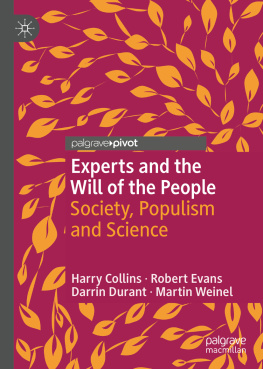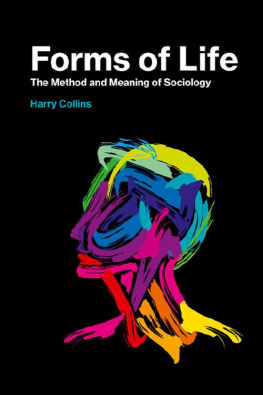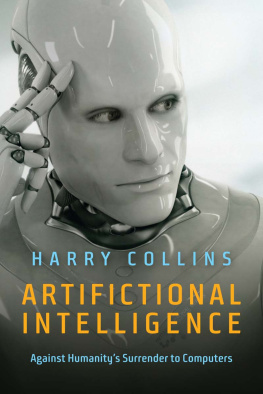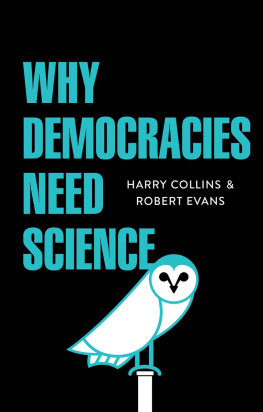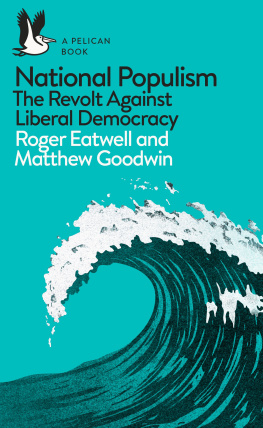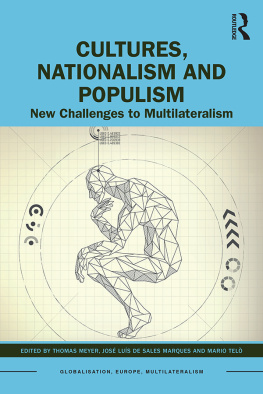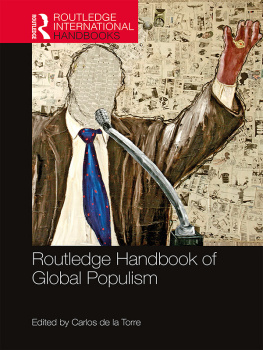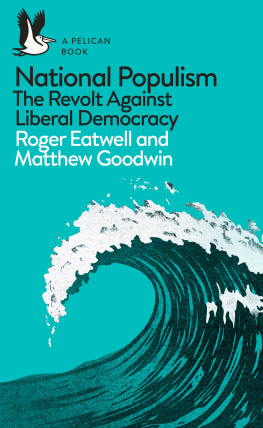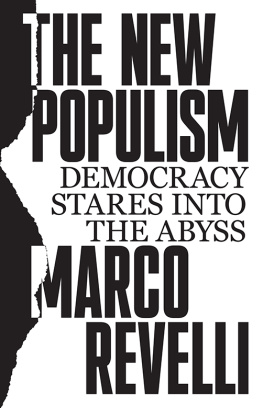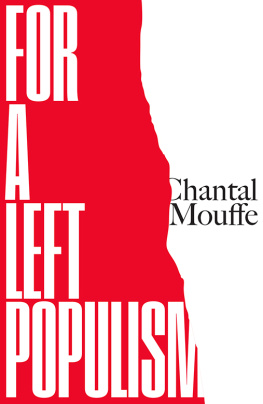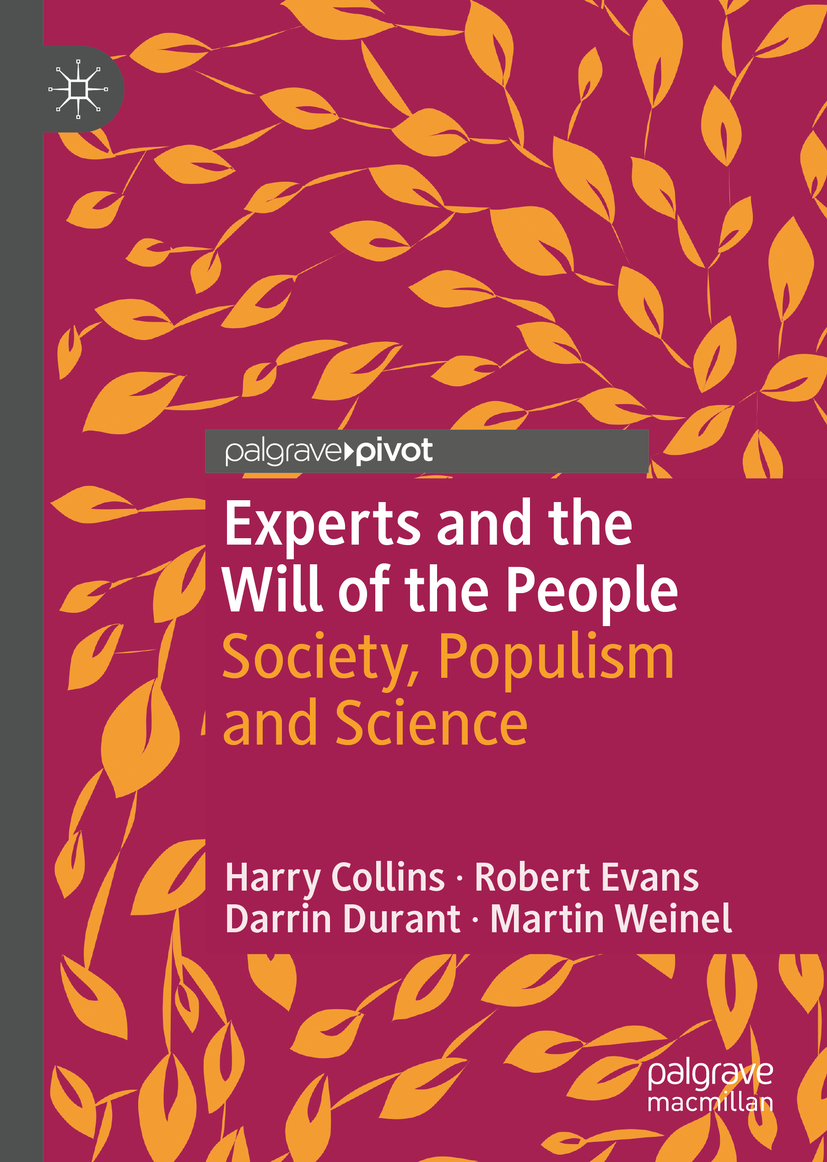Chapter 1: Introduction: Pluralist Democracy, Populism and Expertise
The rise of populism in the West has led to attacks on scientific expertise. We explain populism through its contrast with pluralist democracy and explain why populists attack scientific expertise. Populism treats the losers at the ballot box and anyone who stands in the way of the government, including scientific experts, as traitors. In contrast, pluralist democracy accommodates minority views by limiting the power of government with checks and balances. Contemporary science and technology studies (STS) erodes the cultural importance of scientific expertise and, unwittingly supports the rise of populism. STS must re-think the justification of scientific expertise and its role in society without sacrificing its deep insights into the social nature of science; it should no longer simply celebrate the erosion of sciences cultural pre-eminence.
Chapter 2: What Is Society?
Societies are distinguished by what their citizens take for granted. In Western societies most citizens agree, among other things, about the need for regular elections with near-universal franchises, how to treat strangers, the poor and the sick. These understandings are sedimented in the course of socialisation and constitute the organic face of societies; there is so much agreement that such things dont usually feature in political manifestos. Citizens record more detailed, varying, and self-conscious choices in elections, giving rise to the enumerative face of societies. Populism deliberately confuses the enumerative face with the organic face. Citizens can make non-democratic leaders accountable only if they know what democracy means; this is the law of conservation of democracy.
Chapter 3: What Is Democracy?
There are many forms of democracy. Importantly, is there continual accounting to the public via referendumsdirect democracyor do the people choose representatives who govern relatively independently between elections? It is natural in representative democracy for experts to be consulted by the elected government, whereas if directness is the ideal, experts can look like unaccountable elites. Under pluralist democracy governments power is limited by institutional checks and balances, such as the judiciary, the free press and alternative parliamentary chambers, ensuring that minorities and minority opinions are not completely suppressed. Checks and balances require experts. There are many other dimensions of democracies including voting systems and the degree of devolution, but an uncritical advocacy of rule by the people is antagonistic to pluralist democracy.
Chapter 4: What Is Populism?
Populism contrasts clearly with pluralist democracy. By treating the result of elections as representing the will of the people, populism misrepresents the enumerative face of society as the organic face and defines all opposition to the elected government as traitorous. Minorities, and the institutions and experts upon which the checks and balance of pluralist democracy depend, are, therefore, attacked by populist leaders. Populist leaders claim that their actions, however dictatorial, and however much they favour a specific group in society, are democraticthey represent the will of the people. Because populism, in its championing of the people, is anti-elitist, some commentators consider it can enliven democracy. In todays world, however, the dangers are obvious: attacks on minorities and the control of what counts as expertise.
Chapter 5: What Is Science?
Since the early 1970s, in social studies of science and technology (STS), the logic of scientific discovery has been displaced by detailed examinations of science in practice; this has eroded the cultural position of scientific expertise. Furthermore, the crown jewels of science, Newtonian physics and the like, are no longer accepted as justifying sciences contribution to citizens more diffuse technical concerns. Scientific expertise now seems more fallible, less removed from ordinary decision-making and less insulated from political and social forces. Populist leaders, who attack scientific expertise because it limits their power, can draw on these ideas. STS must stop celebrating the erosion of scientific expertise and, without sacrificing the new insights, rethink the justification for the role of science in democratic societies.

